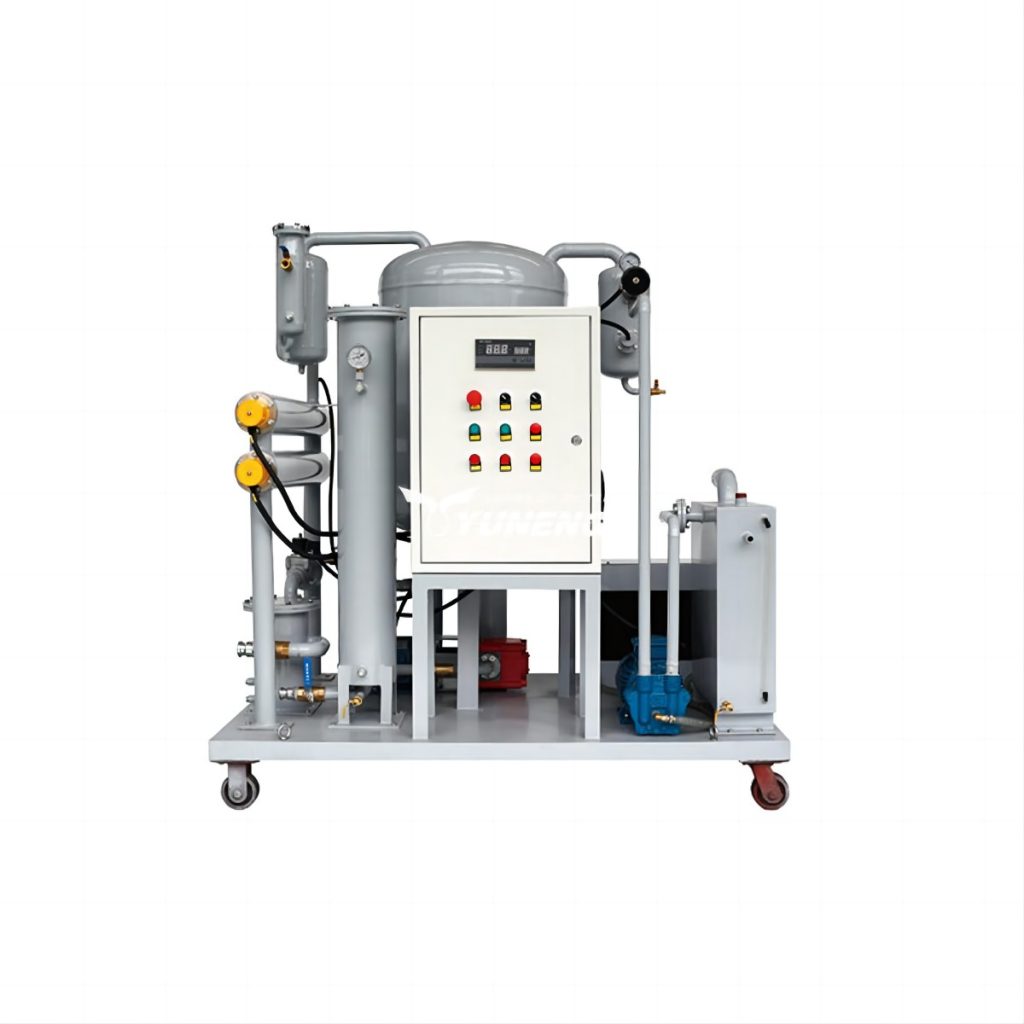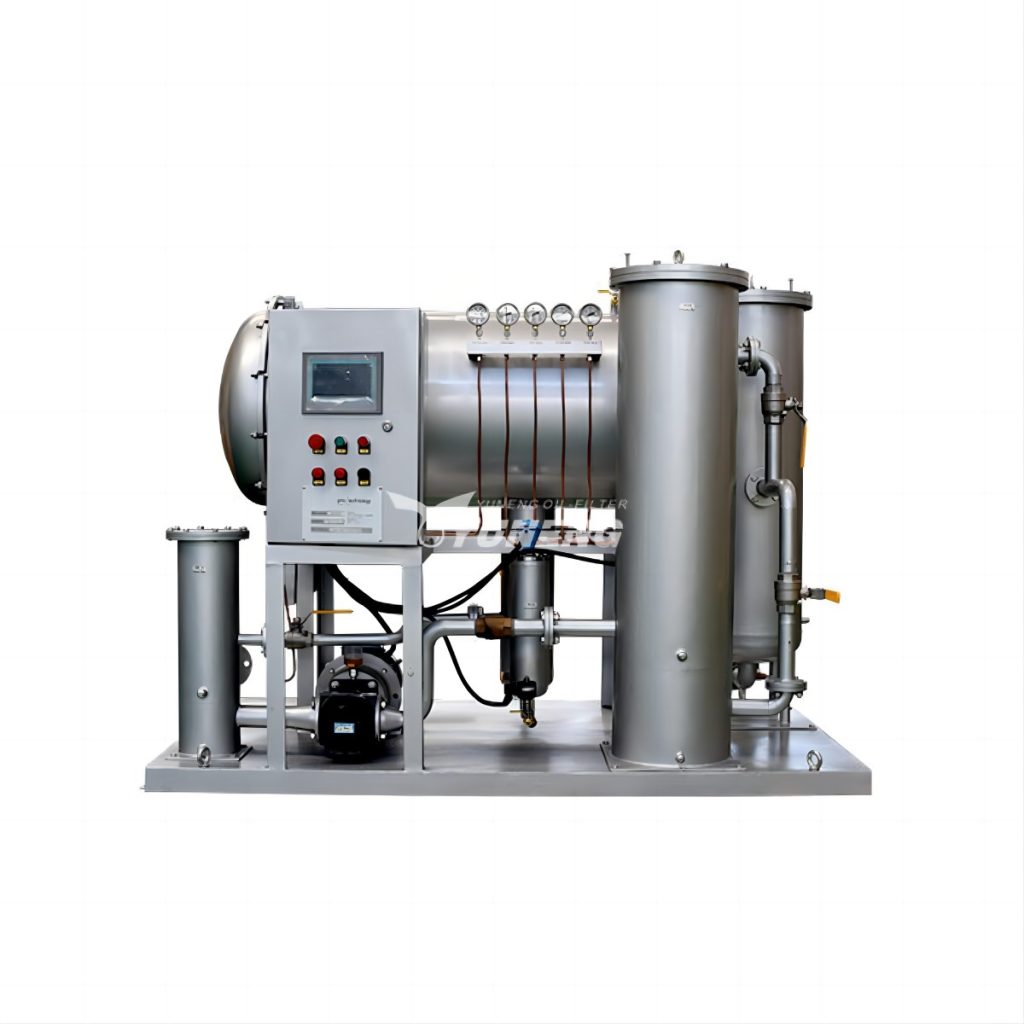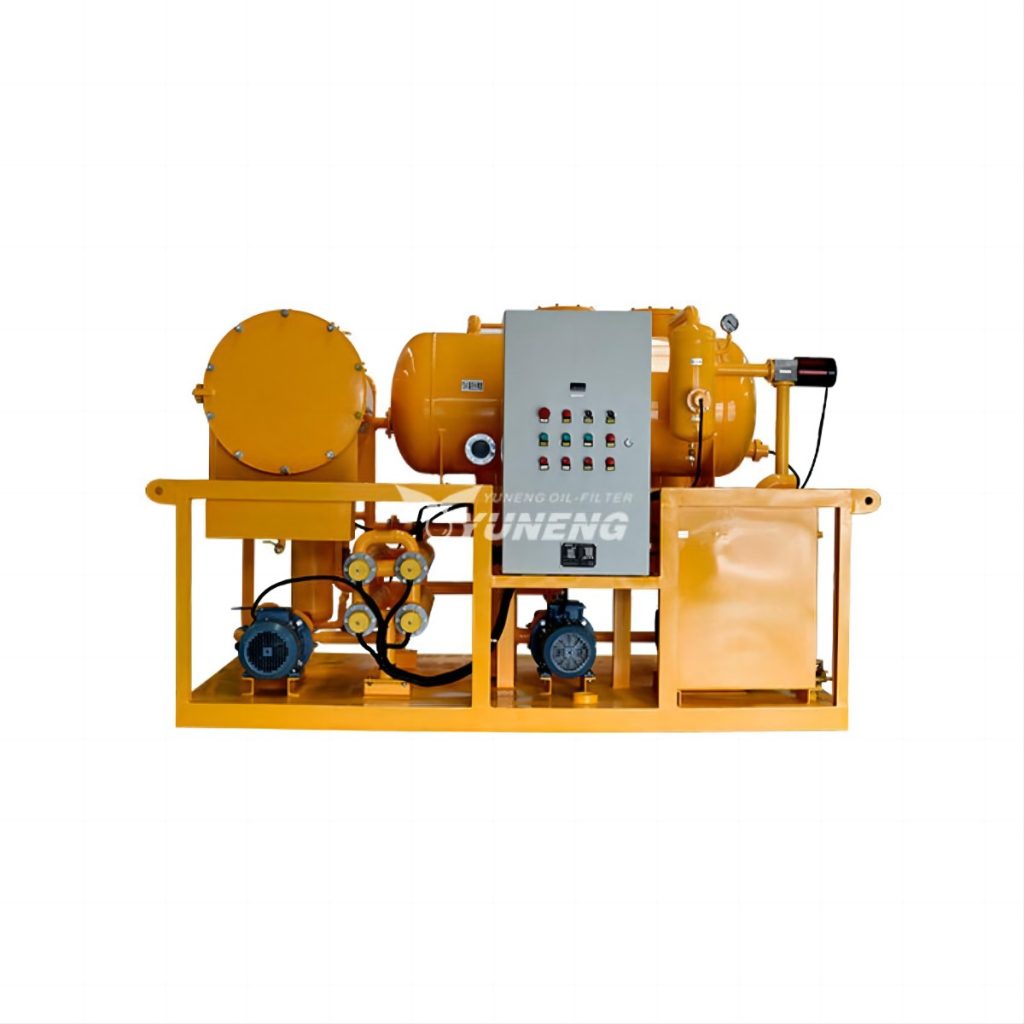How to Maintain Hydraulic Oil Purity in Heavy Equipment?
Table of Contents
Hydraulic systems are the backbone of performance in heavy equipment. From excavators to loaders, mining equipment to industrial presses, reliable hydraulic power is totally dependent on the hydraulic oil condition. As oil cleanliness goes down, system efficiency also reduces, component wear speeds up, and even unscheduled downtime is unavoidable.
Maintaining hydraulic oil purity is not just about prolonging oil life—it’s about protecting the entire hydraulic system. As a hydraulic oil filtration machine manufacturer with years of field experience, we’ve seen how consistent filtration and contamination control can extend equipment service life by thousands of operating hours and significantly reduce maintenance costs.
Common Causes of Hydraulic Oil Contamination
Based on our experience over the years with hydraulic systems used in manufacturing, mining, and construction industries, there is one thing that remains certain — the majority of hydraulic failures begin with oil contamination. One impurity can initiate a cascade of wear, heat, and inefficiency that shortens equipment life. It is the best practice to find out where contamination comes from to have good hydraulic oil filtration and system reliability.
1. Solid Particles and Wear Debris
Dust, dirt, and metal debris are the most common contaminants that can occur in hydraulic systems. They can enter through cylinder seals, breather caps, or when oil is replaced and when maintenance operations are performed. Inside the system, normal wear and tear of valves and pumps also generate fine metallic debris. They wander around in the oil, ruining critical components and adding to mechanical wear.
2. Entry of water and moisture
Contamination by water is often neglected but extremely damaging. Condensation, leakage, or storage of oil at the wrong place in wet or outdoor conditions permits water to enter the hydraulic fluid. Not only does water reduce lubrication but also promotes rust, corrosion, and bacterial growth. Without frequent hydraulic oil filtration and water drainage, this type of contamination develops extremely fast in weakening oil and component integrity.

3. Air Entrapment and Oxidation
Air bubbles and entrained gas result from inadequate bleeding, suction-side leaks, or excessive system turbulence. When air is combined with pressure and heat, it accelerates oxidation, which forms sludge, varnish, and acid by-products. The deposits adhere to inner surfaces, restrict valve motion, and interfere with oil flow — all of which diminish hydraulic efficiency.
4. Poor Handling and Maintenance Procedures
Poor maintenance procedures are another primary reason for contamination. Using unfiltered oil for replenishments, failing to clean funnels or hoses, or having open oil drums exposes the fluid to dust and water. Such small lapses over a period of time accumulate and culminate in major system contamination that could have been prevented through effective hydraulic oil filtration and maintenance integrity.
How Hydraulic Oil Filtration Machine Helps Maintain Oil Purity
In fact, there is one certainty: effective hydraulic oil filtration is the key to system reliability. No matter how advanced a hydraulic design becomes, it won’t do its job effectively if the oil is contaminated. That is where a hydraulic oil filtration machine comes into play.
A modern hydraulic oil filter machine is designed to continuously or cyclically drain both liquids and solids from the hydraulic fluid. Unlike conventional in-line filters protecting only individual components, a dedicated-purpose filtration system runs off-line — circulating the oil through high-efficiency filter elements and water-removal equipment to renew and maintain the best cleanliness levels.
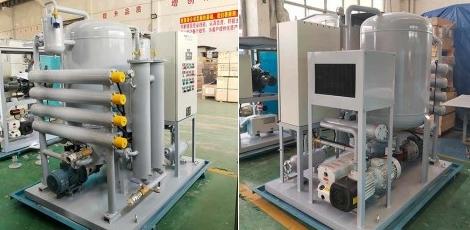
Multi-Stage Filtration for Maximum Protection
Most top-level hydraulic oil filter equipment uses multi-stage filtration. The first stage sieves out large particles to prevent clogging and mechanical damage. The second stage catches minute particulates, which damage precision pumps and valves. Finally, there is a water separation or vacuum dehydration stage that eliminates free and dissolved water, so the viscosity and lubricating qualities of the oil remain constant.
This combination of particle and moisture control is the key to extending oil service life and protecting essential components. Proper hydraulic oil filtration allows operators to receive cleaner oil, smoother performance, and significantly lower breakdowns.
Real-World Application to Heavy Equipment Performance
We have seen many in-the-field examples where the installation of a stand-alone hydraulic filter machine altered maintenance results. Equipment that once needed to be serviced constantly and had its oil changed frequently started running longer between servicing. Operators enjoyed better pressure response, less valve sticking, and reduced operating temperatures.
By maintaining oil cleanliness with a tested hydraulic oil filtration system, companies avoid wasted time and money from decreased downtime and repair costs, as well as optimize energy efficiency. Clean hydraulic fluid reduces friction within the system and improves overall system responsiveness — an easily measurable advantage in demanding heavy-duty use.
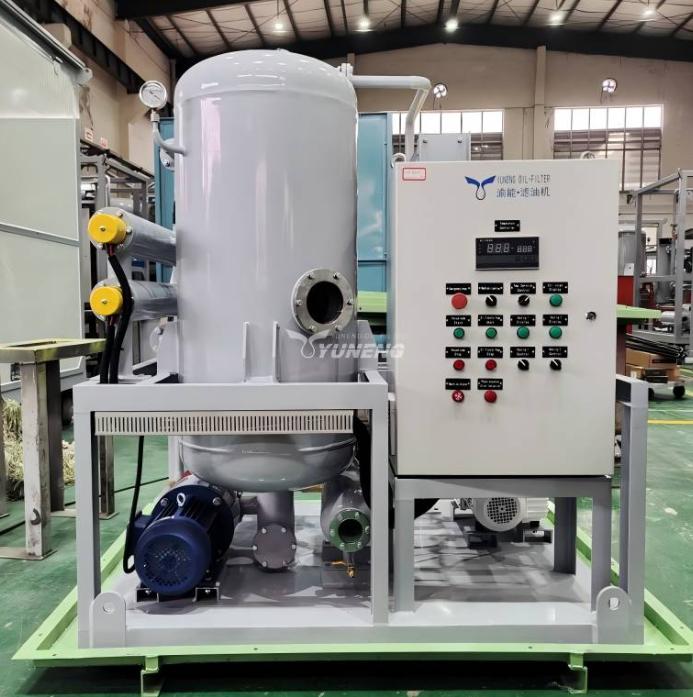
A Smart Long-Term Reliability Investment
For any business that relies on hydraulic-driven machinery, an investment in a high-quality hydraulic oil filter machine is taking the initiative. It protects expensive components, extends hydraulic oil life, and keeps your heavy equipment performing at its best.
At our facility, every hydraulic oil filtration machine that we produce is subjected to testing for flow stability, efficiency, and ease of maintenance. We construct with real-world applications in mind — because we know that out there in the field, performance and reliability are the only realities that matter.
Best Practices for Hydraulic Oil Filtration and Maintenance
Maintaining clean hydraulic oil is an ongoing process, not a one-time event. Regardless of how fancy the hydraulic oil filtration equipment is, it will never compensate for poor handling and lack of regular maintenance. In our experience dealing with owners of heavy equipment, the implementation of a proper oil filtration and maintenance program is the key to maximizing system reliability and component life.
1. Planned Oil Analysis: It is important to keep track of the cleanliness of the hydraulic oil. Use particle counters and water content analysis to track contamination levels and detect early signs of wear or water ingress. Regular testing verifies your hydraulic oil filtration efforts are effective and allows forward-looking maintenance decisions.
2. Scheduled Filtration Intervals: Run your hydraulic oil filter equipment according to the operating conditions of the machinery rather than waiting for visible problems. Preventive filtration removes contaminants before they cause damage, extending oil life and reducing unplanned downtime.

3. Clean Handling Techniques: Add and transfer hydraulic oil using only clean equipment, funnels, and containers. Contamination introduced with routine top-offs can compromise even the best filtration systems.
- Right Storage and Sealing: Store hydraulic oil in sealed, dry containers out of the environment, away from moisture and dust. This prevents new contamination from entering the system and allows your hydraulic filter machine to work effectively.
- Check and Keep Filters: Change filter media and maintain your hydraulic oil filtration unit according to the manufacturer’s guidelines. A worn or plugged filter reduces efficiency and will spread contaminants throughout the system.
By utilizing a top-shelf hydraulic oil filter machine and these best practices, operators can ensure maximum hydraulic oil cleanliness, protect vital components, and provide smooth, consistent performance on all heavy equipment. Day-in and day-out consistency and discipline in filtration are the foundation of lasting system performance.
Conclusion: Keep Your Heavy Equipment Running Smoothly
Briefly, hydraulic oil cleanliness is the secret of reliable, effective, and long-lasting heavy equipment. Filthy oil silently degrades components, incurs cost, and shortens machine life. By investing in a high-quality hydraulic oil filtering machine and by following good maintenance practices, operators can greatly reduce system failure and optimize service intervals.
Clean hydraulic oil is not just maintenance—it’s a foundation for long-term productivity and reliability!

